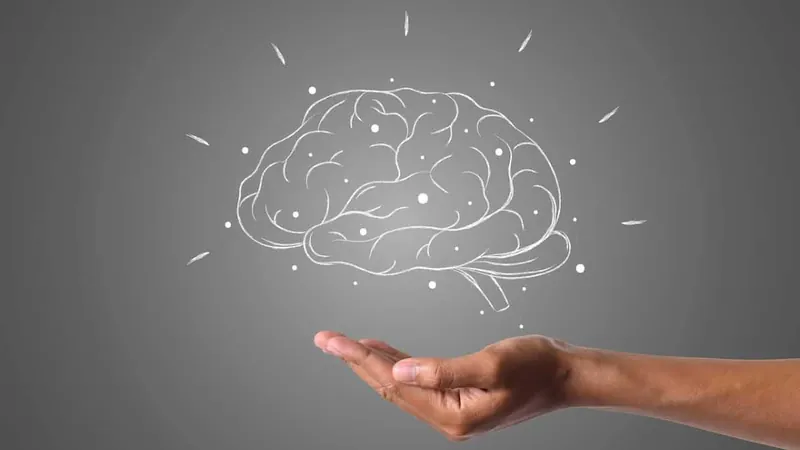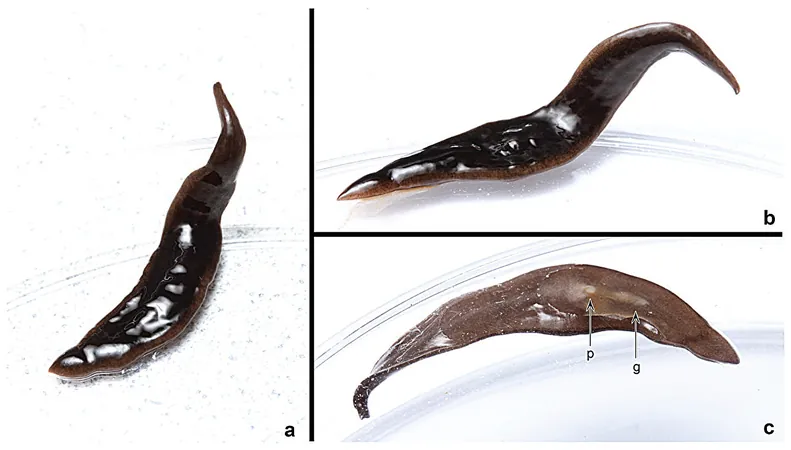
Shocking New Study Reveals Depression Doubles Size of Key Brain Network!
2024-09-15
Groundbreaking Study Findings
In a groundbreaking new study conducted by scientists at Weill Cornell Medicine in New York City, researchers have discovered that individuals suffering from depression possess a frontostriatal salience network that is nearly twice as large as that of healthy individuals. This astonishing finding is poised to reshape our understanding of depression and could pave the way for innovative treatments.
Role of the Frontostriatal Salience Network
The frontostriatal salience network plays a crucial role in processing external stimuli and managing reward functions within the brain, yet how it operates remains partially shrouded in mystery. The researchers emphasize that this enhanced brain network is not merely a random occurrence, but a replicable effect observed across various samples. They uncovered three distinct modes of expansion, indicating that different individuals experience shifts in the boundaries of this network in unique ways.
Study Methodology
To evaluate the size and impact of the frontostriatal salience network, researchers analyzed brain scans from 57 participants, averaging 41 years of age, and compared these results to those from 37 healthy controls. Notably, they conducted additional studies over 18 months, tracking brain images from 114 children diagnosed with depression. This longitudinal data revealed striking similarities, indicating that the salience network expansion remains stable over time, irrespective of one’s mood state.
Early Warning Signs of Depression
One of the most alarming insights from the study is that these changes were detectable in children prior to the onset of depression, suggesting that an enlarged frontostriatal salience network may serve as an early warning signal. This revelation highlights the potential to identify at-risk individuals much earlier, opening the doors for preventative measures.
Implications for Mental Health Treatment
The researchers concluded that these findings signify a "trait-like" brain network topology that may contribute to an individual's susceptibility to depression, along with variations in brain connectivity that might influence the emergence and remission of depressive symptoms over time.
This research not only advances our understanding of depression but also offers tantalizing possibilities for targeted treatment strategies, particularly for conditions like dementia. As scientists continue to investigate this intricate relationship between brain structure and mental health, we may soon uncover powerful tools to combat the devastating impacts of depression.
Future Research Directions
Stay tuned as we delve deeper into the implications of this research and highlight how it might lead us to a brighter future for mental health treatment!


 Brasil (PT)
Brasil (PT)
 Canada (EN)
Canada (EN)
 Chile (ES)
Chile (ES)
 España (ES)
España (ES)
 France (FR)
France (FR)
 Hong Kong (EN)
Hong Kong (EN)
 Italia (IT)
Italia (IT)
 日本 (JA)
日本 (JA)
 Magyarország (HU)
Magyarország (HU)
 Norge (NO)
Norge (NO)
 Polska (PL)
Polska (PL)
 Schweiz (DE)
Schweiz (DE)
 Singapore (EN)
Singapore (EN)
 Sverige (SV)
Sverige (SV)
 Suomi (FI)
Suomi (FI)
 Türkiye (TR)
Türkiye (TR)